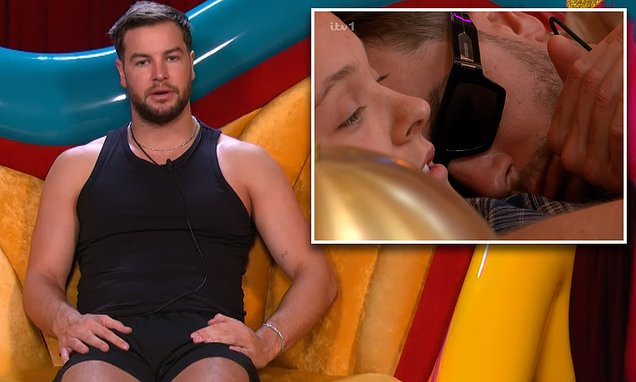Viewer Uproar: Chris and JoJo's CBB Moment Sparks Widespread Criticism

Celebrity Big Brother viewers are buzzing with reactions after Chris Hughes sparked controversy by referring to JoJo Siwa as "his girlfriend" during a recent episode. The unexpected comment has left fans scratching their heads and taking to social media to express their collective bewilderment.
Fans quickly flooded online platforms with similar observations, questioning the context and nature of Hughes' statement. The moment has become a hot topic of discussion among reality TV enthusiasts, who are eagerly dissecting every nuance of the interaction between the two celebrities.
The comment has generated significant chatter, with many viewers finding the remark both surprising and somewhat confusing. Social media platforms have been abuzz with fans sharing their thoughts and speculating about the true dynamics between Hughes and Siwa.
As the Celebrity Big Brother drama continues to unfold, audiences remain captivated by the unexpected twists and turns that keep the show's entertainment value at an all-time high.
